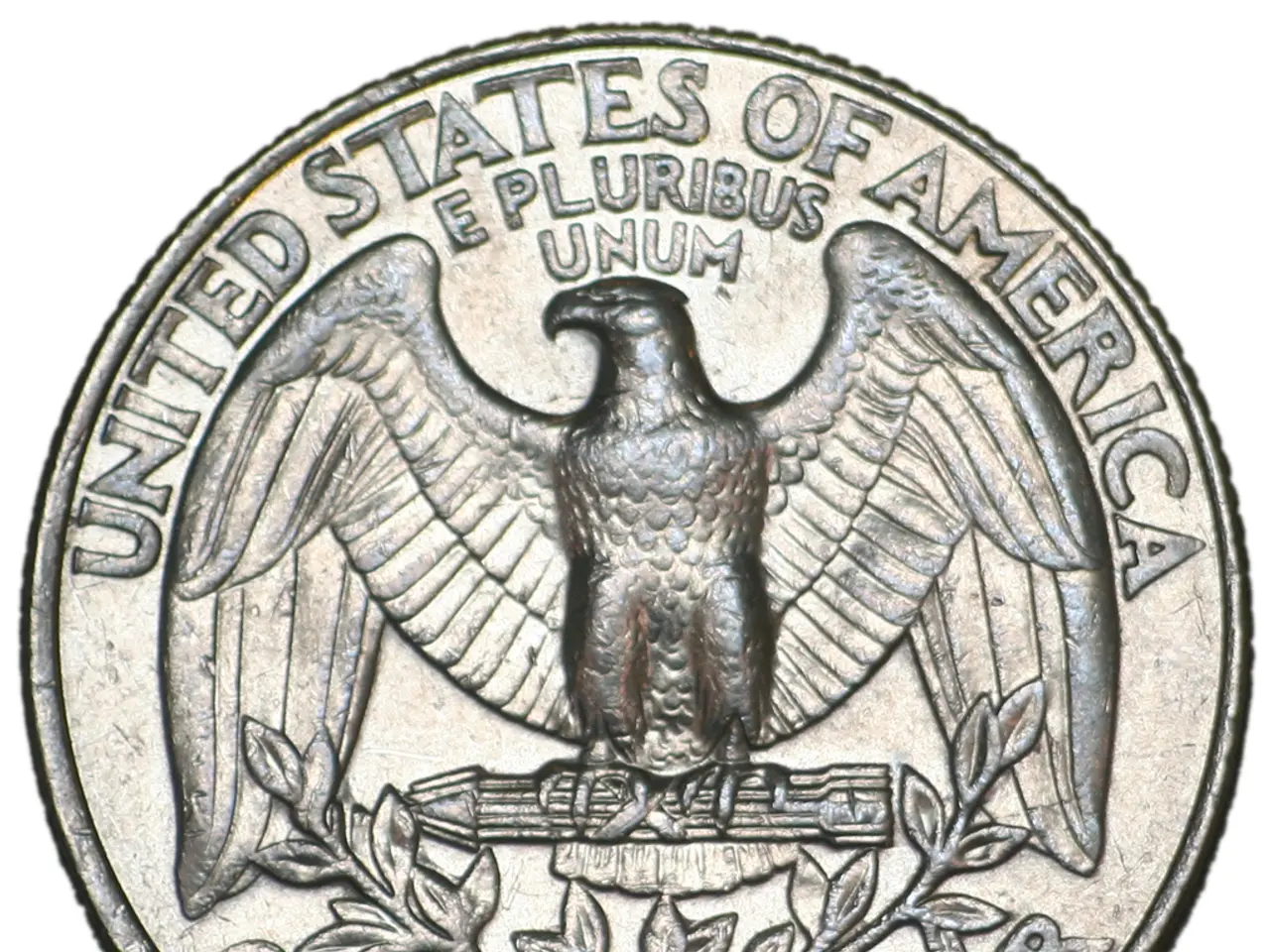Turkey restricts user access to significant decentralized cryptocurrency platform PancakeSwap.
In a significant move, the Capital Markets Board of Turkey (CMB) has banned the decentralized finance (DeFi) platform PancakeSwap, marking a regulatory shift with far-reaching implications for investors in DeFi platforms like Uniswap, Raydium, and others.
PancakeSwap, the leading platform in the decentralized exchange sector, has been operating with an Automated Market Maker (AMM) system and has surpassed its Ethereum-based rival Uniswap. The native token of PancakeSwap, CAKE, currently boasts a market capitalization of $749 million.
The ban, which was enforced due to "unauthorized crypto asset service provision," means that Turkish investors can no longer access PancakeSwap, and internet providers have been ordered to block it. This move could potentially affect other decentralized exchanges, limiting options outside regulated centralized exchanges.
The ban underscores the importance of adhering to regulations set by the CMB in Turkey. Access to the cryptocurrency price comparison platform CryptoRadar has also been blocked in Turkey, further emphasizing the need for regulatory compliance.
The decision signals that Turkey is serious about enforcing regulatory compliance in crypto markets. Investors engaging with banned or unlicensed platforms risk losing access or facing legal repercussions. This adds a layer of regulatory risk for DeFi investments that operate without formal approval.
Following the ban, PancakeSwap’s native token CAKE dropped over 3% in a day, reflecting negative market sentiment and investor uncertainty under regulatory pressure. Similar tokens linked to unlicensed platforms may experience volatility.
In light of these developments, investors in Turkey are being advised to use only licensed and regulated crypto exchanges to reduce risks associated with unauthorized platforms. Turkey’s regulatory body encourages adherence to its new legal framework for crypto trading.
Investors should also stay informed about regulatory developments to ensure compliance and avoid blocked access. The Turkish authorities are preparing further laws to regulate cryptocurrencies and decentralized platforms, emphasizing investor safety, transparency, and financial stability.
For investors globally, the Turkish crackdown serves as a warning to assess whether DeFi platforms meet local regulatory standards before engaging. Platforms might need to enhance Know Your Customer (KYC) and Anti-Money Laundering (AML) measures or seek licensing to operate in more regulated jurisdictions.
Given regulatory risks, investors might consider diversifying investments across platforms with compliant operations or centralized exchanges that have licenses, balancing DeFi innovation with regulatory certainty.
Any platform operating without approval from the CMB in Turkey could face a similar outcome. The ban on PancakeSwap is significant as it is the CMB's first move against a decentralized exchange. Officials in Turkey advise investors not to invest in unlicensed cryptocurrency exchanges for the safety of their capital and personal data.
Turkish investors, given the ban on PancakeSwap, should be cautious when investing in decentralized finance (DeFi) platforms without formal approval from the Capital Markets Board of Turkey (CMB), such as Uniswap, Raydium, and others, as they could face a similar outcome. It is advisable for investors in Turkey to use only licensed and regulated crypto exchanges to minimize risks associated with unauthorized platforms.




